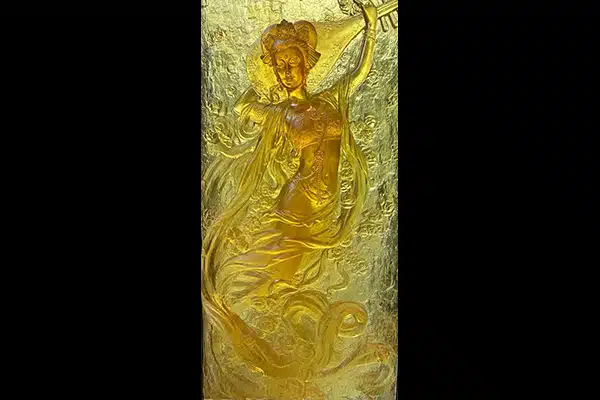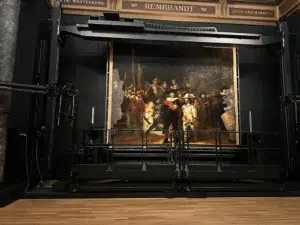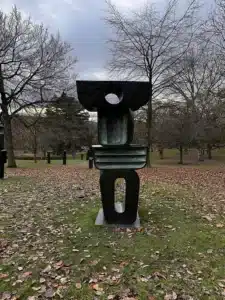Recently I had the opportunity to visit the inspiring Corning Museum of Glass. However, my visit coincided with a previous commitment that was made to be interviewed on Judy Heft’s podcast. So… I decided to arrive early at the museum and see if I could scout out an unobtrusive yet interesting place to sit during the podcast. The museum’s admission guide was happy to accommodate and soon I was seated in front of the most awesome cast glass Flying Apsaras (above), made by Shanghai Arts & Crafts of China and gifted to the museum by Shi Sen Ben.
In the oldest known Hindu scriptures, 1900-1200 BCE, Apsaras were believed to reside in the palaces of the gods, entertained them by dancing to music, and were sometimes compared to the muses of ancient Greece. I took my providential positioning as a mandate to use my voice to express the nuance of our work in helping families restructure, the most artful part of the law. I hope you enjoy the cast glass Apsaras, and the podcast.
As a child I remember being awestruck by the glass flowers at Harvard’s Museum of Natural History. For me, the Corning Museum was that kind of magic, and more! Every corner was a surprise, continually amazing me of the artists’ abilities to have “made something from nothing”.
Every day, we’re given the opportunity to craft something where nothing has been before, but during the disquieting times of divorce and a family’s restructuring, that opportunity can seem beyond reach. Yet, by taking time to help someone envision not only where they are and where they’ve been, but where they want to go and how they hope to grow, new journeys are often discovered and embraced. We do the gratifying work of helping someone make something difficult better, even more beautiful.
Artist Harvey Littleton made something where nothing has been before with his glass sculptures. He did it brilliantly by illustrating an insightful way to look at people and see them for where they are, and for what they can be. Littleton’s Eight Heads tangibly exemplifies the opportunity we have to understand the complexities of people as they are, and for all of who they are. Littleton observes our multi-faceted natures and the multitude of possibilities that exist within each individual human. In his work, each glass head portrayed a different personality of his close friend and colleague Erwin Eisch, showing him as a gentleman, a poet, a teacher, a man of his hometown of Frauenau , and a worker.
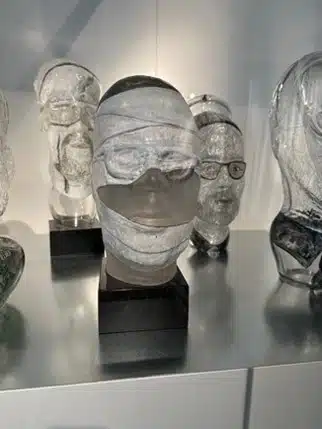
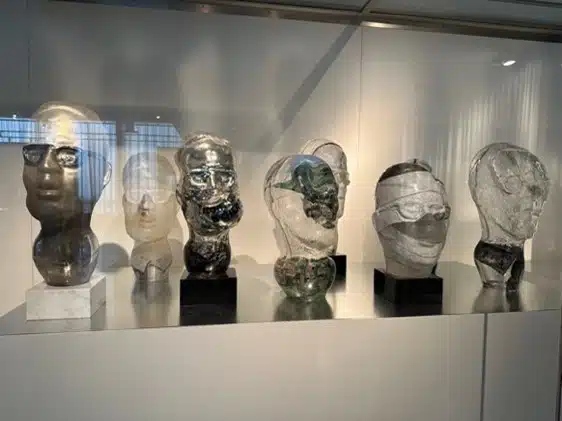
When we seek to help people make something that is difficult become better, we first must I see them as individuals who are a whole person who is made up of parts. When we look at our clients with a vision like that of Littleton, we help them navigate a better and more beautiful future. They – with our help – can be artists of their own lives, and truly make something beautiful out of what seems to be nothing.

